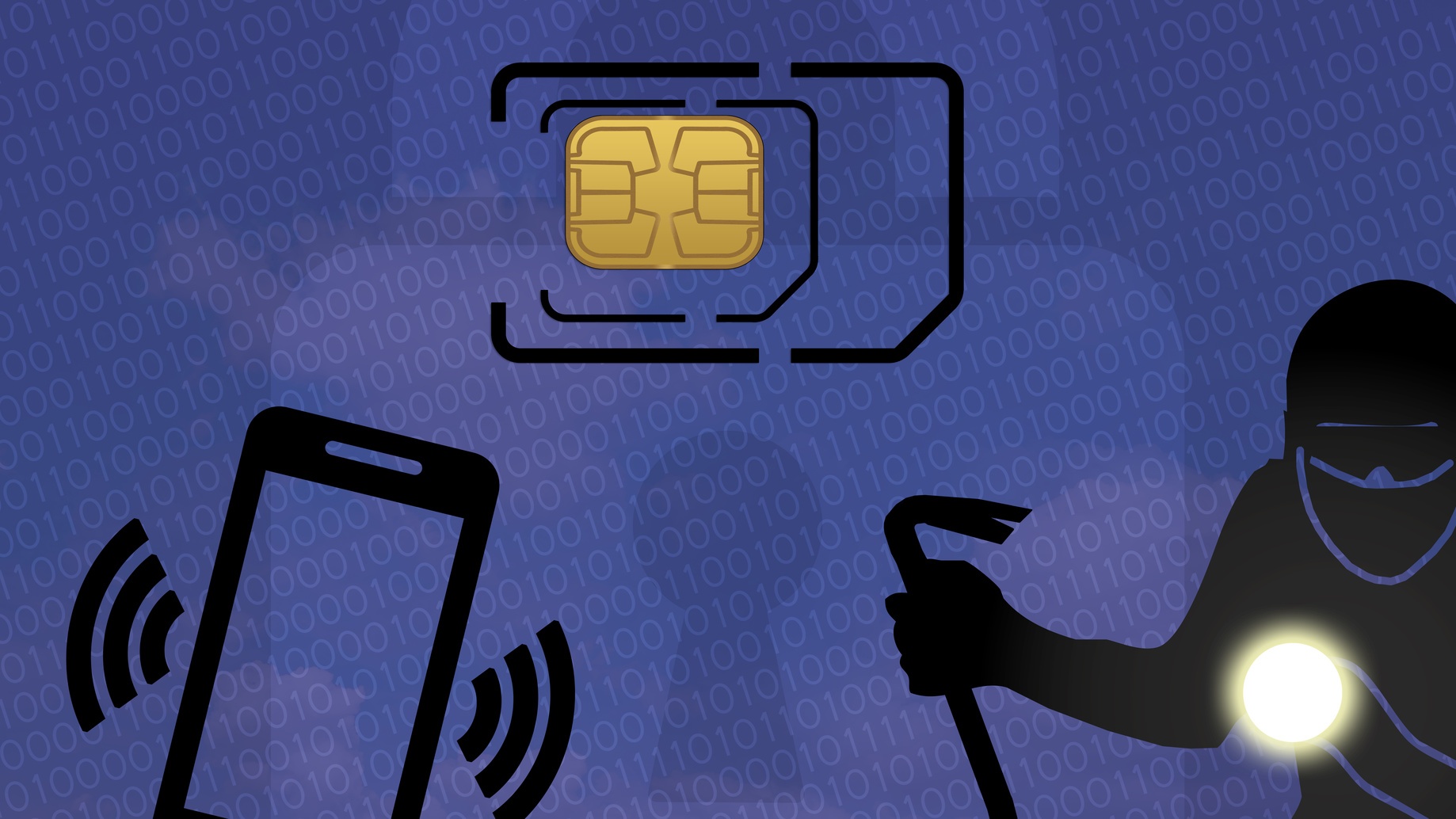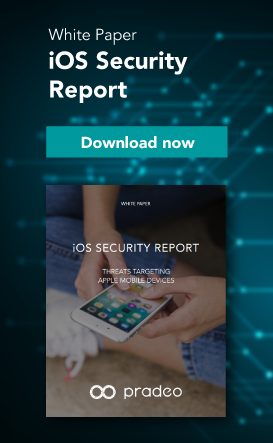The Snowden case demonstrates your phone can betray you.
First, we must acknowledge that phones, connected devices, in fact the entire untethered mobile ecosystem are still in infancy. Smartphones appeared in 2008, barely 8 years ago. Market adoption has been exponential since. Today there are more smartphones than people. The mobile revolution has introduced new consumer usage patterns and behaviors, the full impact of which we have yet to fully understand. Our phone is our best friend, our camera, photo album, e-mail device, address book, GPS, and sometimes even our favorite banking tool or wallet.
What’s at stake is that our devices have become digital repositories of our lives, our hopes, our dreams, our secrets and our finances. However, for the most part, we do a poor job protecting ourselves and guarding against threats to our privacy.
The opportunity for hackers and cyber-thieves is huge.
If you think your phone is secure, think again… Have you heard of Edward Snowden?
Do you know by which means and methods the NSA and other intelligence services can keep eyes and ears on citizens? Their mobile phones.
Physical access is not required to eavesdrop on just about anything that happens on your phone. Your smartphone (because yes, it is very smart) is constantly connected to either a communications network, GPS or the internet and most of the time all of the above (with default settings); data goes back and forth. The mobile apps on your phone, these icons which you click and swipe with your finger to access features and functionality, have transformed your phone into a multipurpose communications and digital appliance. You play games, check the weather, look for directions, take and share pictures, even make calls. Almost everything you might imagine is a click or swipe away, and if not, “there’s an app for that.” But are all these apps trustworthy or even safe? Who are some of these app publishers? Most often people just click accept or agree without even thinking about it. They will perhaps allow an application to access more on their phone or tablet than they realize. Yes, if you do this, your data, privacy, maybe intimate secrets are potentially at risk.
Authorizing an App is really a courtesy rather than a requirement or technical barrier. Apps are programmed to perform certain activities, both on the front end as well as in the background. As such they can accidentally, worse intentionally, bypass settings and consent to do so. Legally, Apps declare legitimate actions and behaviors they execute, but if spying or stealing, legality is really not a concern.
Back to Snowden! According to his revelations, the NSA and its British equivalent, GCHQ, used the Angry Bird app to retrieve users’ private information.
Would you have guessed that a game could be used to access your private data, and reveal everything about you on or coming through your device? Do you recall authorizing a government agency to conduct surveillance on you via your phone? Do you think hackers have not already targeted, even developed, mobile apps as new attack or penetration vectors?
Your data is precious and possibly interesting to many people beside yourself. Watching and protecting apps has become an absolute necessity for data security and privacy. Just as you learned how to protect your computer (hopefully), the time has now come to protect your mobile devices. The mobile revolution is exciting and promising, but you must guard against the many threats which can be prevented.
Take charge and control the apps on your phone!



-1.png)
.png)
-2.png)

